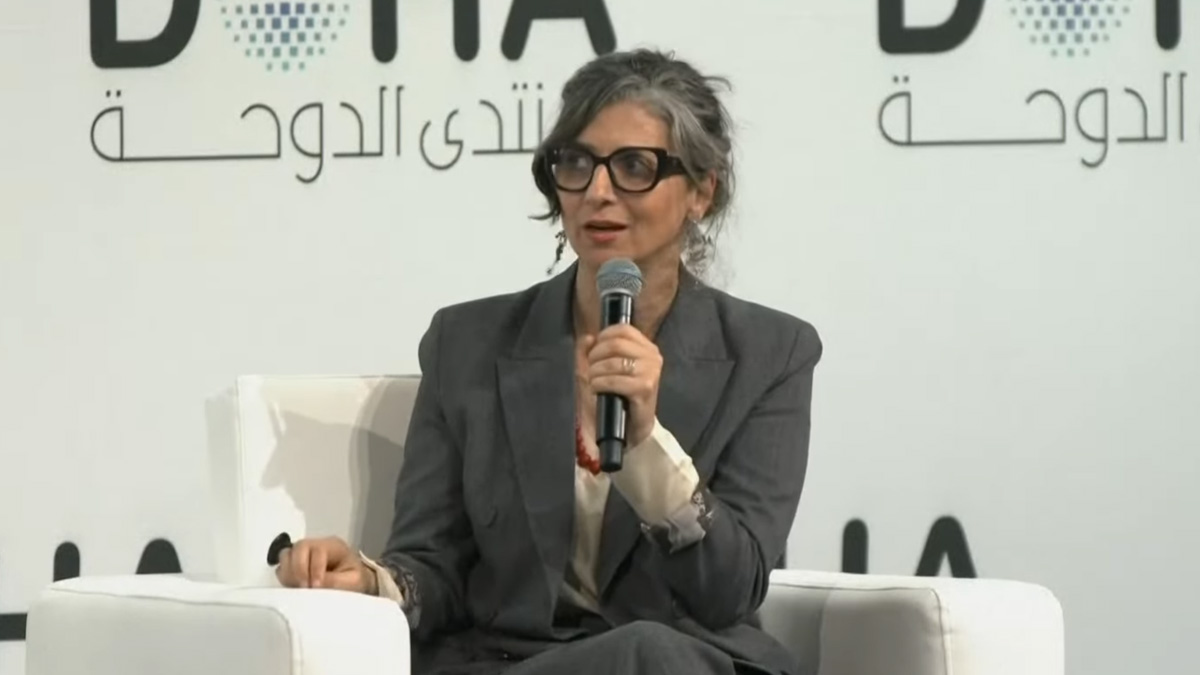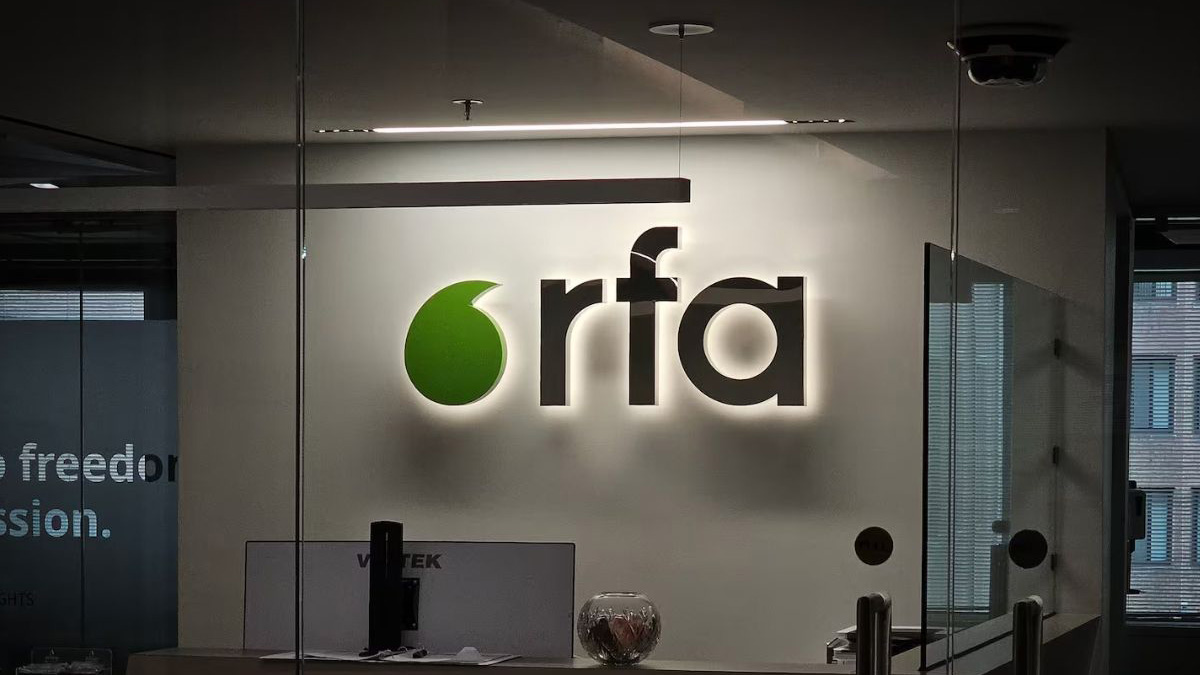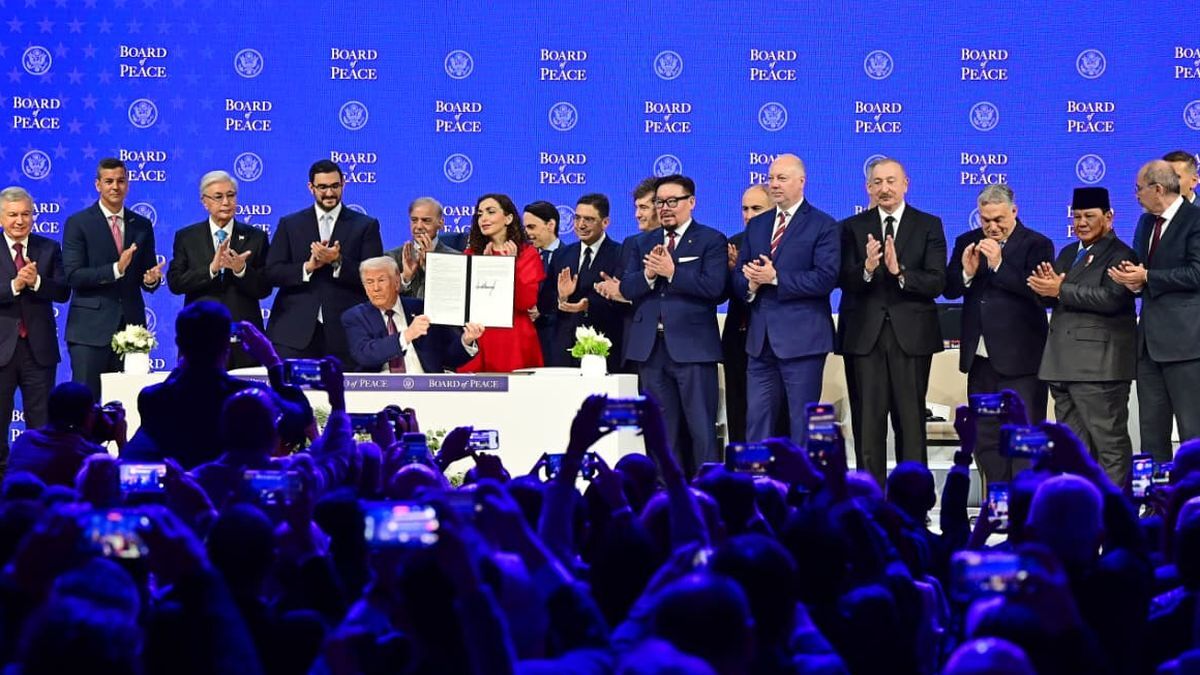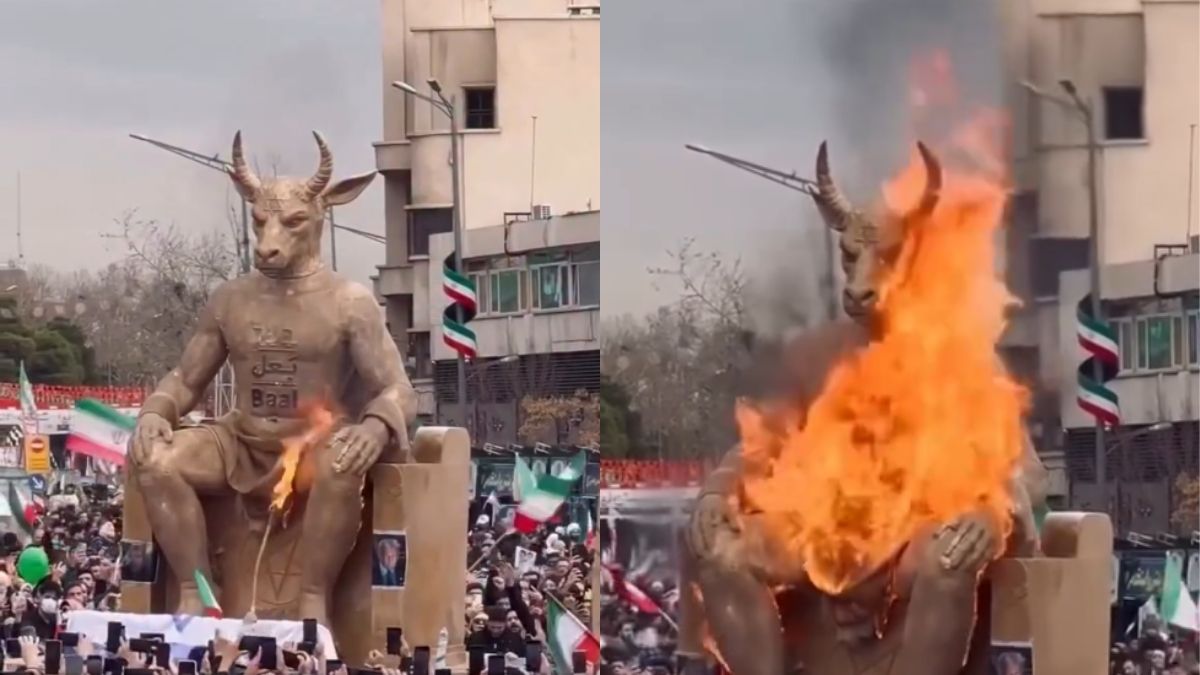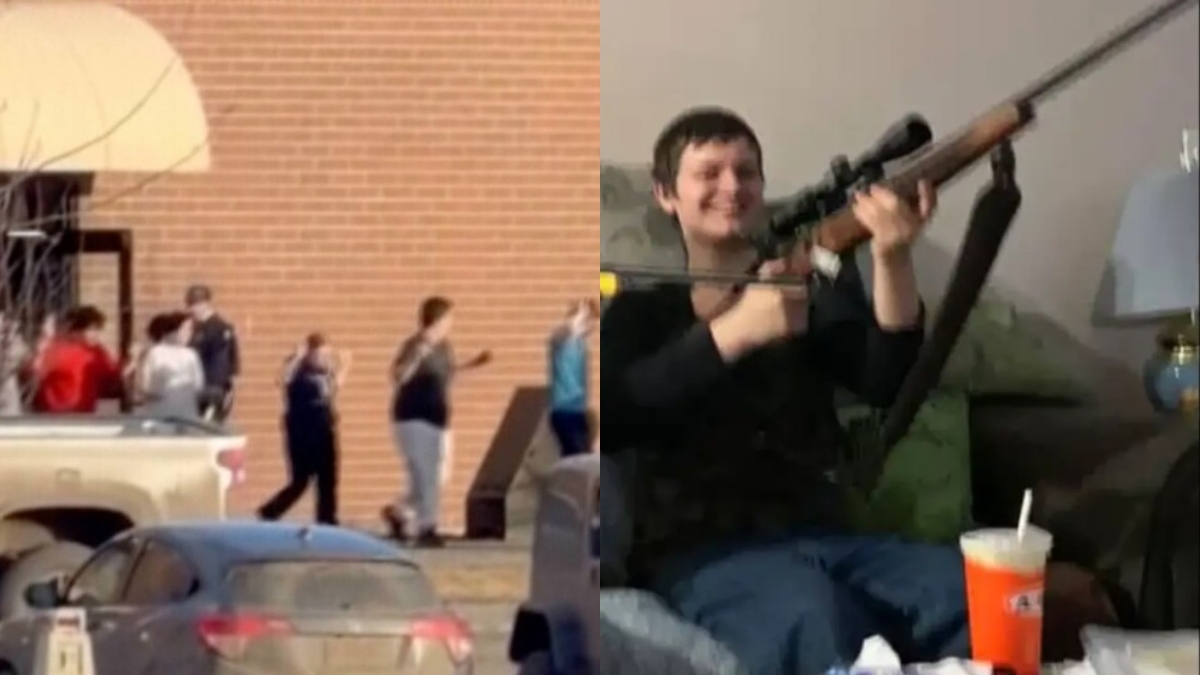Over 170 NGOs demand shutdown of Gaza Humanitarian Foundation over deadly food distribution scheme
More than 170 charities and non-governmental organisations, including Oxfam and Save the Children, have called for the immediate closure of the Gaza Humanitarian Foundation (GHF), accusing the Israeli- and US-backed food distribution scheme of endangering civilians rather than helping them.
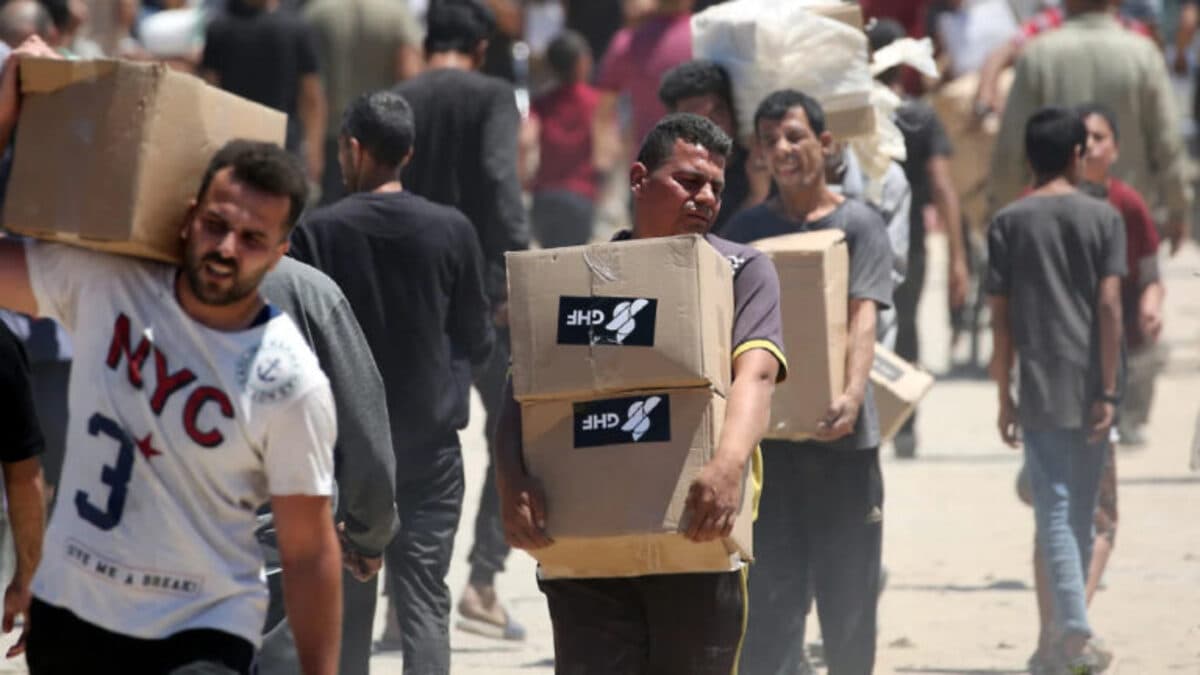
- NGOs say GHF’s “militarised” aid zones have led to over 500 deaths and 4,000 injuries in less than a month.
- Groups accuse Israel of dismantling the humanitarian system and violating international law.
- GHF and Israeli authorities defend the scheme, citing ongoing reviews and safety improvements.
More than 170 charities and non-governmental organisations, including Oxfam and Save the Children, have issued a joint statement demanding the immediate shutdown of the controversial Gaza Humanitarian Foundation (GHF), a food distribution scheme backed by Israel and the United States.
The organisations argue that the scheme endangers Palestinians rather than helping them, stating: “Palestinians in Gaza face an impossible choice: starve or risk being shot while trying desperately to reach food to feed their families.”
In the statement released on Tuesday (1 July), they noted that in under four weeks, more than 500 Palestinians had been killed and nearly 4,000 injured while attempting to access or distribute food.
The groups accuse Israeli forces and armed groups—some reportedly acting with official backing—of routinely opening fire on civilians seeking humanitarian assistance. These attacks, they say, are taking place in “militarised” aid zones set up by the GHF, in blatant disregard of international humanitarian law.
“The humanitarian system is being deliberately and systematically dismantled by the Government of Israel’s blockade and restrictions,” the statement reads. “This blockade is now being used to justify shutting down nearly all other aid operations in favour of a deadly, military-controlled alternative that neither protects civilians nor meets basic needs.”
Collapsing Infrastructure and Famine Conditions
More than 100 days since Israel reimposed a near-total blockade on aid and commercial goods, humanitarian conditions in Gaza are said to be deteriorating faster than at any point in the past 20 months.
Under the current Israeli-backed scheme, weakened and starving civilians are forced to walk for hours through dangerous terrain and active conflict zones to reach fenced distribution sites. These areas often have a single entry point and have become scenes of chaos and violence.
Thousands gather at these enclosures, with many caught in repeated mass shootings. Children—especially orphans—are frequently among the dead and injured, with over half of the reported attacks involving children.
Gaza’s healthcare system is described as “in ruins”, leaving many of the wounded to die without medical attention. Amid famine-like conditions, families report being too weak to compete for food rations. Those who do succeed often return with only a few basic items—difficult to prepare without clean water or fuel.
Fuel is nearly exhausted, causing critical services such as bakeries, ambulances, and hospitals to cease operations. Many families are sheltering under plastic sheets, cooking amid rubble, and surviving without sanitation, clean water, or electricity. “This is not a humanitarian response,” the statement asserts.
NGOs Slam Militarised Aid and Call for UN-Led Restoration
The joint statement claims the GHF violates core humanitarian principles by forcing Gaza’s population into militarised zones where they are exposed to daily gunfire. The Sphere Association, which sets global humanitarian standards, has reportedly warned that the GHF’s approach fails to meet basic humanitarian norms.
“Concentrating more than two million people into further confined areas for a chance to feed their families is not a plan to save lives,” the statement says.
“For 20 months, more than two million people have faced relentless bombardment, the weaponisation of food and aid, repeated forced displacement, and systematic dehumanisation.”
The signatories call on states to reject what they describe as a “false choice” between deadly military-controlled food distribution and the complete denial of aid. They urge states to uphold international humanitarian and human rights law and demand accountability for violations.
They further call for an immediate end to the siege on Gaza and insist on protecting civilians’ right to safe access to humanitarian aid. Donors are asked to cease funding militarised schemes that contravene international law and risk deepening harm and complicity in atrocities.
The organisations also advocate for the restoration of a unified, UN-led coordination mechanism that includes UNRWA, Palestinian civil society, and the wider humanitarian community to effectively address the population’s urgent needs.
They reiterate their calls for a sustained ceasefire, the release of all hostages and arbitrarily detained prisoners, and full, unrestricted humanitarian access throughout Gaza.
GHF Stands by Its Mission
In response to the criticism, a spokesperson for the GHF said: “We’ve delivered more than 52 million meals in just five weeks. Not talking points, not headlines, but food reaching Palestinian families every single day.”
The spokesperson also accused other humanitarian organisations of “standing by helplessly as their aid is looted”, claiming the GHF had offered to help deliver it safely but had been refused.
“The humanitarian community must return to its core mission – feeding people – not protecting outdated systems or avoiding the discomfort of change,” the spokesperson added.
Israeli Authorities Acknowledge Civilian Harm
On 30 June, the Israeli military acknowledged that Palestinian civilians had been harmed at aid distribution sites and announced new field instructions based on “lessons learned”.
“In response to incidents in which civilians arriving at distribution facilities were harmed, thorough examinations were conducted by the Southern Command, and updated instructions were issued to forces in the field,” the military said in a statement.
It added that the incidents involving harm to Gaza civilians remain under review.
The military’s announcement followed a Haaretz report on 27 June, which revealed that Israel’s Military Advocate General had launched an inquiry into potential war crimes, amid allegations that Israeli troops had been ordered to fire at unarmed civilians near aid centres.
Prime Minister Benjamin Netanyahu, however, strongly rejected the claims, calling them “malicious falsehoods”. The Israel Defense Forces (IDF) also denied deliberately targeting Palestinians waiting to receive humanitarian assistance.
In a separate statement on Monday, the IDF said it had implemented safety improvements at aid distribution centres, including additional fencing, warning signage, regulated access routes, and new checkpoints to manage traffic and reduce risk.
One distribution site has reportedly been relocated to reduce friction with the civilian population and enhance protection for Israeli forces stationed nearby.
Since the conflict escalated on 7 October 2023, Gaza’s Health Ministry reports that at least 56,500 Palestinians have been killed, including 17,400 children. More than 133,000 others have been injured. The ongoing siege, compounded by restricted access to food, clean water, fuel, and medical supplies, continues to exact a devastating toll on the civilian population.


